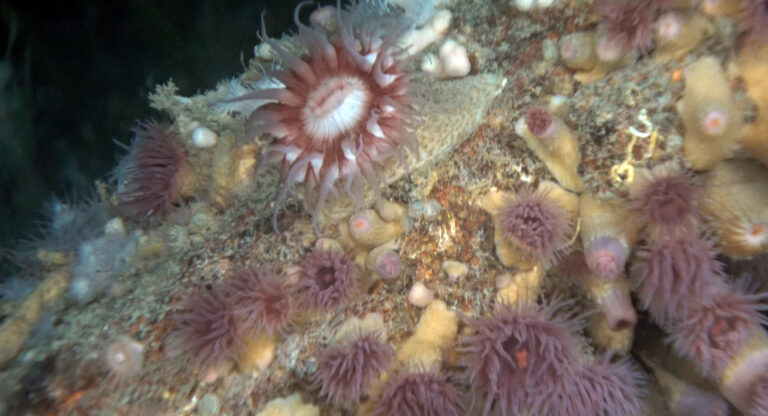The health of our oceans is under increasing threat from climate change, pollution, and human activities. Yet, monitoring marine biodiversity—essential for conservation and sustainable development—remains a costly and challenging task. A new research project, funded under the Marine Institute’s call “Changing Use of Ireland’s Ocean: Measuring and Monitoring the Impacts on Our Marine Biodiversity and Ecosystems,” is set to transform how we observe and protect marine life.
A Collaborative Effort for Ocean Conservation
This ambitious project, which commenced in January 2025, brings together four leading institutions—Dublin City University (DCU), Queen’s University Belfast (QUB), Atlantic Technological University (ATU), and the University of Limerick (UL). With a total budget of €1.5 million, the initiative will develop an Autonomous Surface Vehicle (ASV) designed to collect high-resolution environmental data efficiently and affordably.
A Game-Changer in Marine Observation
Traditional marine monitoring relies heavily on manned research vessels, which are expensive, logistically complex, and limited in their ability to access shallow coastal waters. The ASV aims to overcome these challenges by operating autonomously, significantly reducing costs while increasing data collection frequency. Equipped with advanced environmental DNA (eDNA), micro plastic, algae, and contaminant samplers, the ASV will provide crucial insights into marine biodiversity and ecosystem health. By detecting species from water samples without the need for direct observation, it enables a more comprehensive understanding of marine ecosystems, including rare and migratory species.
Harnessing AI for Smarter Ocean Monitoring
Cutting-edge artificial intelligence (AI) and machine learning will enhance the ASV’s capabilities, allowing it to process vast amounts of environmental data in real time. Automated species identification, pollution hotspot detection, and predictive modelling will help researchers and policymakers better understand how marine ecosystems are evolving and what actions are needed to protect them.
This initiative aligns with global efforts such as the Global Ocean Observing System (GOOS) and Essential Biodiversity Variables (EBVs), ensuring the data collected contributes to international marine conservation strategies.
Expanding Access and Reducing Environmental Impact
One of the ASV’s key advantages is its ability to navigate shallow, ecologically sensitive areas that are often inaccessible to traditional research vessels. This is particularly valuable for monitoring biodiversity in marine protected areas (MPAs), aquaculture zones, and offshore wind farms—locations where human activity intersects with fragile marine habitats.
Moreover, by reducing reliance on fossil-fuel-powered vessels, the ASV minimizes the environmental impact of marine research. This low-carbon, cost-effective solution represents a major step forward in sustainable ocean monitoring.
Empowering Decision-Makers with Actionable Data
Beyond research, the project aims to provide stakeholders—including policymakers, marine industries, and conservation groups—with reliable, real-time data. This information will support smarter decision-making in marine spatial planning, fisheries management, pollution control, and climate adaptation strategies.
By leveraging autonomous technology, AI, and advanced sensing systems, this project will revolutionize how we monitor and protect marine ecosystems. With scalable applications across industries and conservation efforts, it promises to be a milestone in ocean sustainability, ensuring that future generations inherit a healthier, more resilient marine environment.
UL Project PIs: Gerard Dooly and Edin Omerdic

